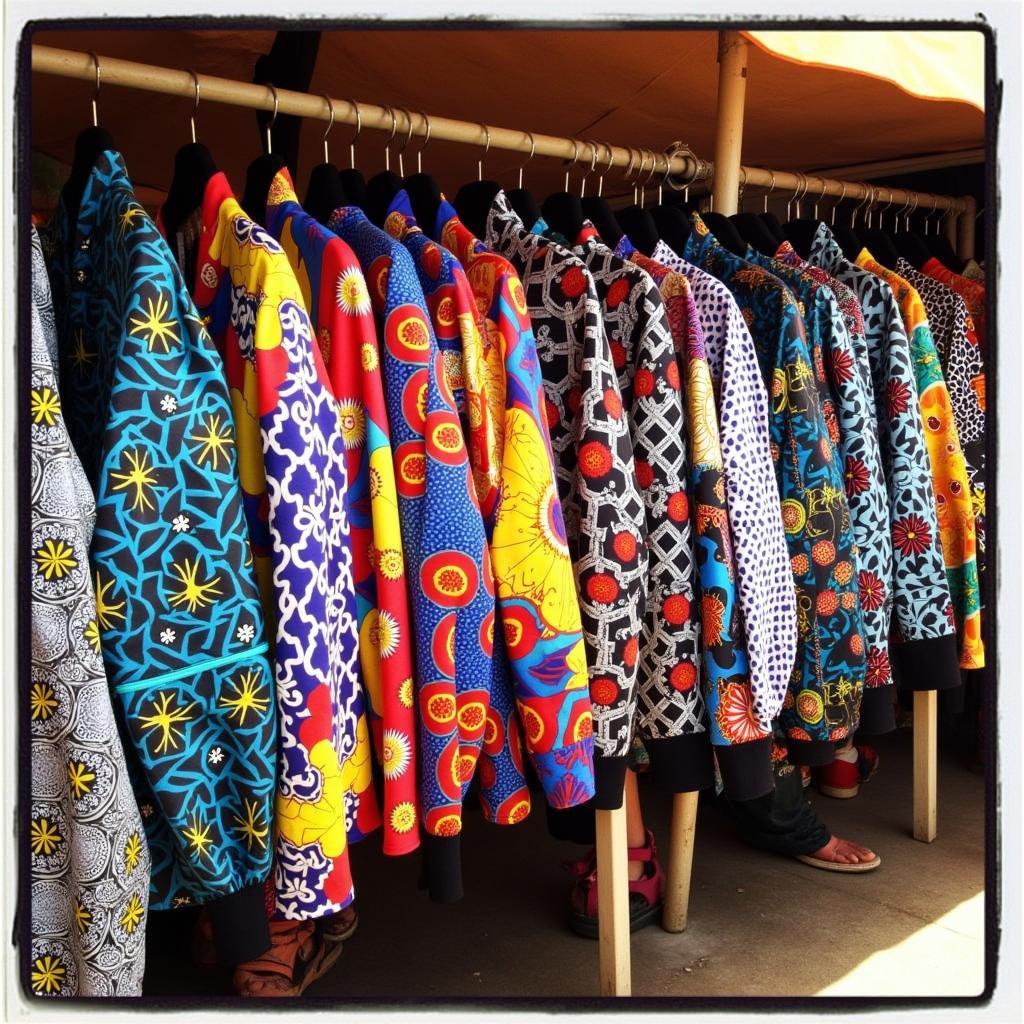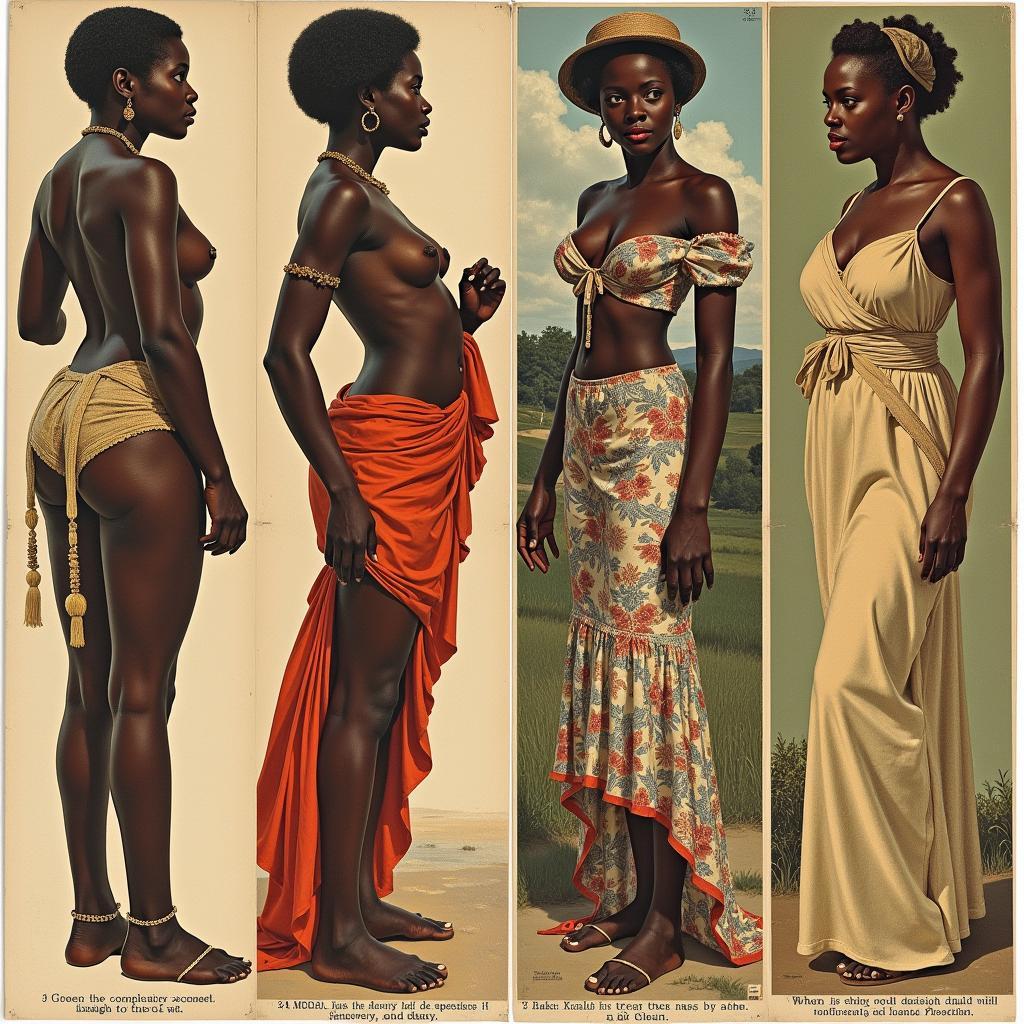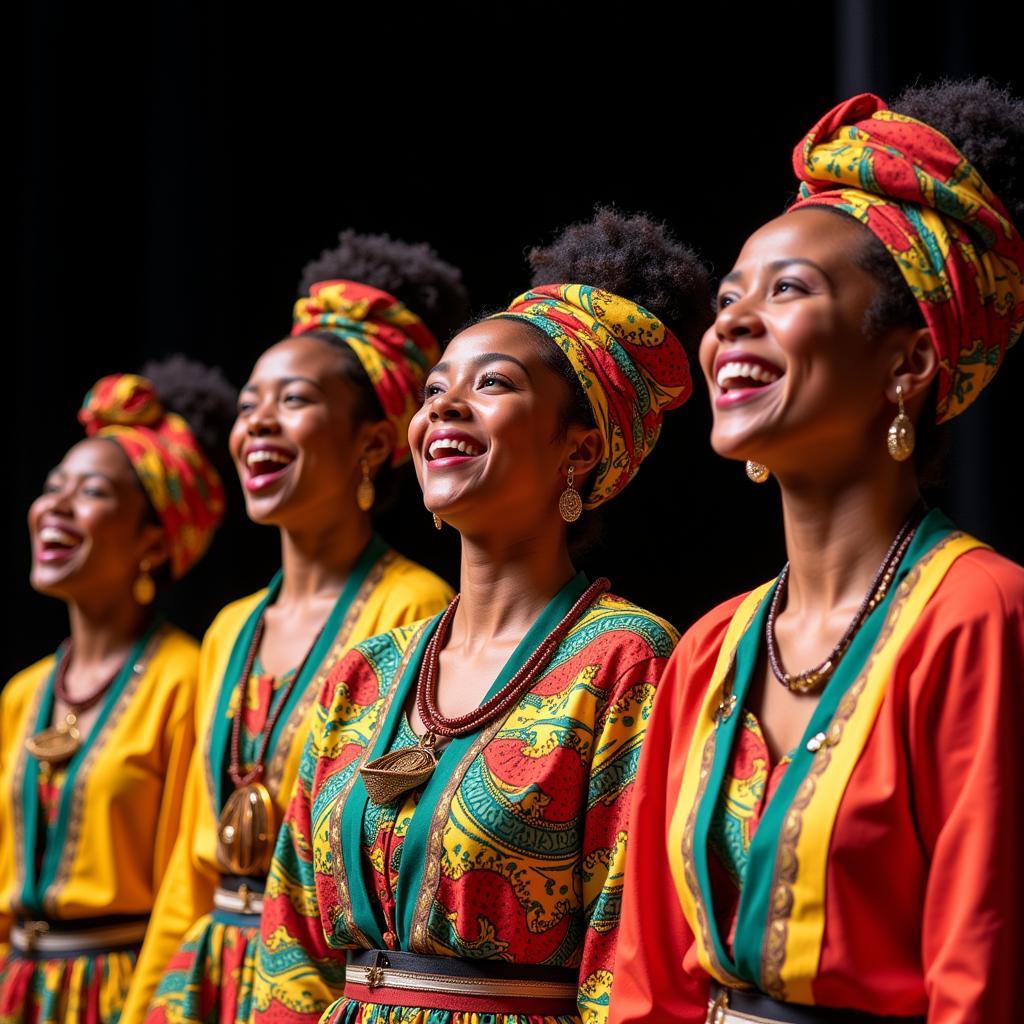African Drum Price: A Guide to Buying Drums from Africa
African drums are a powerful and beautiful instrument that has been used for centuries in traditional music, ceremonies, and storytelling. The rich history and vibrant culture of Africa are deeply embedded in the craftsmanship and sound of these drums. If you’re interested in adding an African drum to your collection or exploring the world of African music, you’ll need to understand the factors that influence their price.
What Determines the Price of African Drums?
Several factors contribute to the price of an African drum, ranging from the type of drum and materials used to the craftsmanship and cultural significance.
1. Type of Drum:
The type of African drum is a key factor determining its price. There are numerous types of drums, each with a distinct shape, size, and sound. Some popular types include:
- Djembe: These goblet-shaped drums are known for their deep, resonant sound and are widely used in West African music.
- Talking Drum: As the name suggests, these drums are used to mimic the rhythms of human speech. They are popular in Yoruba culture and are made from a hollowed-out gourd.
- Conga: These tall, cylindrical drums are often used in Latin American music but are also found in some African styles.
- Shekere: These gourd rattles are popular in West African music and can be made with beads, seeds, or shells.
2. Materials:
The materials used to construct the drum also affect its price. “African Drum Price” is heavily influenced by the type of wood, hide, and other materials used in its creation.
- Wood: Different types of wood, such as mahogany, acacia, and ebony, offer unique tonal qualities and durability. Rare or high-quality wood can significantly increase the price of a drum.
- Hide: The animal hide used for the drumhead is another crucial element. Goat, cow, and sheep hides are commonly used, each offering a distinct sound and responsiveness.
- Decorations: The intricate carvings, paint, and embellishments often found on African drums are a testament to the artistry and craftsmanship of the drum maker. These decorative elements can contribute to the overall cost of the drum.
3. Craftsmanship:
The skill and expertise of the drum maker play a significant role in the price. Experienced drum makers with generations of knowledge and techniques are highly respected and their drums are often valued accordingly.
“Finding a drum made by a master craftsman is like finding a treasure. The intricate details and the perfect balance of sound and visual appeal make these drums truly special.” – Amani Kinyonga, renowned African drummer and educator
4. Cultural Significance:
Some African drums have deep cultural significance and hold special meaning within certain communities. These drums are often passed down through generations and are considered family heirlooms. Their cultural significance can significantly increase their value.
How to Find the Right African Drum for You:
When buying an African drum, consider your budget, musical needs, and desired sound. If you’re just starting, a beginner-friendly drum made from readily available materials will be a good choice. If you’re looking for a professional-grade drum, be prepared to invest in a drum made with high-quality materials and intricate craftsmanship.
Where to Buy African Drums
- Online Marketplaces: Platforms like eBay, Etsy, and Amazon offer a wide selection of African drums from various sellers.
- African Art Galleries and Shops: Galleries and shops specializing in African art are often a good source for authentic drums.
- Directly from Artisans: Consider purchasing directly from African drum makers through online shops or through personal connections.
- Local Music Stores: Some music stores offer a selection of African drums, especially if they specialize in world music.
Tips for Buying African Drums:
- Do your research: Familiarize yourself with different types of African drums, their origins, and their prices.
- Look for quality craftsmanship: Examine the drum carefully for craftsmanship, materials, and overall condition.
- Listen to the drum: If possible, try out the drum and listen to its sound.
- Consider the cultural context: Learn about the cultural significance of the drum and its history.
- Support ethical practices: Choose sellers who work directly with artisans and support sustainable practices.
FAQ about African Drums
Q1: How much do African drums cost?
A1: African drum prices vary greatly depending on factors like type, material, size, and craftsmanship. You can find affordable drums for under $100, but high-quality drums can cost thousands of dollars.
Q2: Where can I find authentic African drums?
A2: Authentic African drums can be found in African art galleries, shops, and online marketplaces. You can also purchase directly from artisans in Africa.
Q3: What is the best African drum for beginners?
A3: The djembe is a great drum for beginners due to its versatility and relatively simple technique.
Q4: How do I care for my African drum?
A4: Regularly tighten the drumhead, store the drum in a cool, dry place, and avoid exposing it to extreme temperatures.
Q5: Can I learn to play the drums myself?
A5: Yes, you can learn to play the drums on your own with resources like online tutorials and books. You can also take lessons from a qualified drum instructor.
Q6: What is the best way to tune an African drum?
A6: African drums are typically tuned by tightening or loosening the drumhead using ropes or laces.
Q7: What are some popular African drum rhythms?
A7: There are numerous rhythms and styles of African drumming, each with a unique beat and feel. Some popular rhythms include the “djembe bass,” “djembe solo,” and “talking drum rhythms.”
Conclusion:
The “african drum price” depends on several factors, including type, materials, craftsmanship, and cultural significance. By understanding these factors, you can choose the perfect African drum to add to your collection, enhance your musical journey, and celebrate the vibrant culture and history of Africa.
Remember: If you have any questions or need further assistance, reach out to us at +255768904061, [email protected], or Mbarali DC Mawindi, Kangaga, Tanzania. We are here to help you find the perfect African drum.


